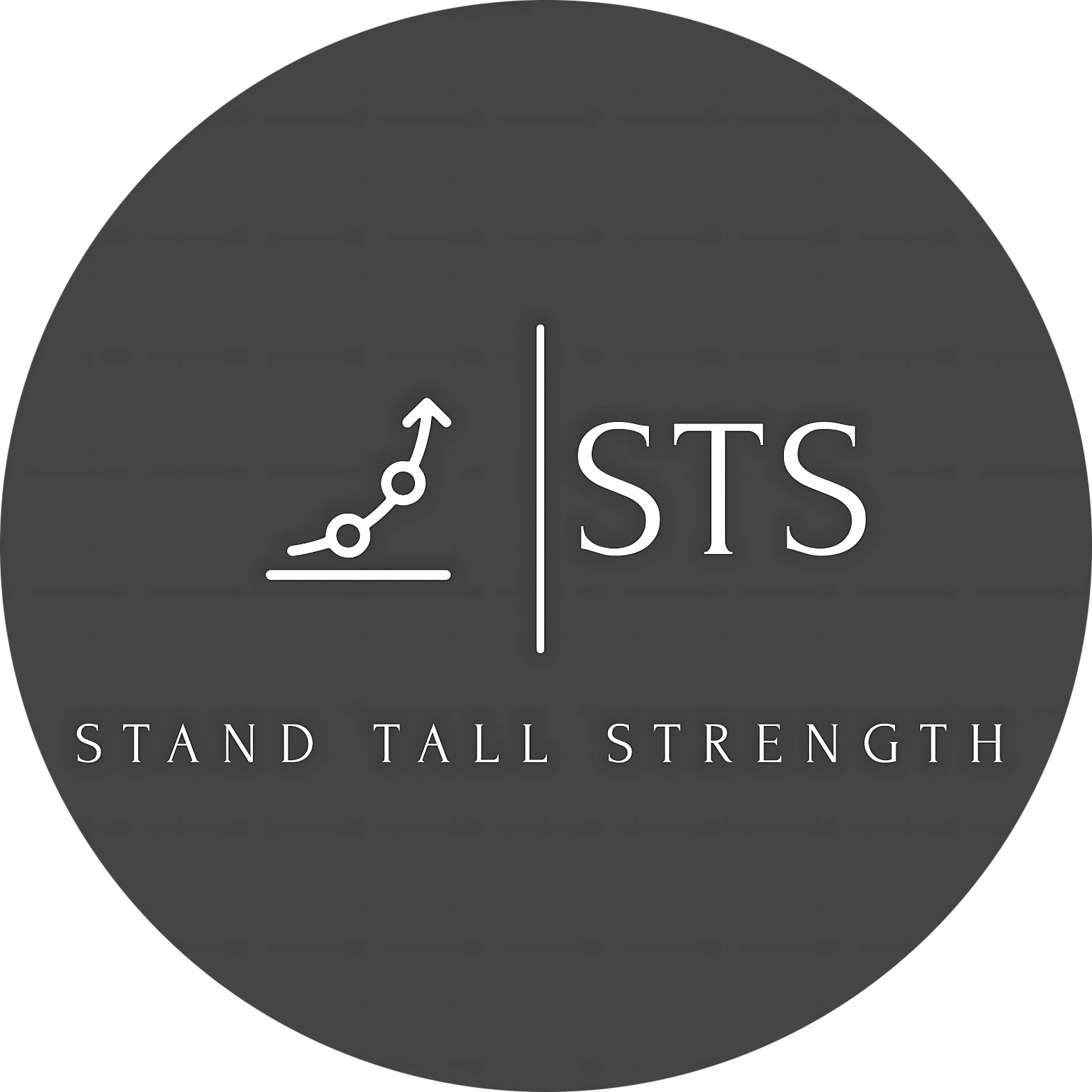Hormones are involved in many administrative roles for metabolism, growth and development, hydration, cardiovascular adaptations, immune responses and stress reactivity.
Exercise can greatly affect hormones, the endocrine glands responsible for their production and therefore the mechanisms hormones regulate.
Exercise results mostly in an increase in many hormones, but there are exceptions such as insulin where there is a notable decrease.
The main reasons for hormonal changes during exercise are for:
1) Meeting the demands of increased energy expenditure.
2) Bringing about necessary cardiovascular adaptations.
3) Hydration maintenance through fluid preservation.
4) Some level of stress response reactions.
If training programs are excessive (too much intensity, volume or both) or an individual has too many life stresses during the training period, it is possible for wrong hormone responses to develop.
This is usually linked with “overtraining” or “overreaching”.
In individuals who are overtraining, hormonal responses occur in two phases: an initial elevated phase followed by a steep decline.
During the elevated phase, increases in levels of hormones such as cortisol, prolactin, dopamine and adrenaline may develop at rest or in response to a single exercise session.
This phase may be reflective of “overreaching”.
If the individual is given short term rest and recovery (usually under 2 weeks), Hormones will balance.
The steep decline phase is associated with chronic overtraining.
During this phase, hormones such as Cortisol, Dopamine, Adrenaline, Testosterone, Growth Hormone, FSH, LH and Thyroids are suppressed.
This is a more serious event as it may require months for the individual to rest and recover to regain normal hormonal function and performance capability.
Providing enough rest and recovery between training sessions allows for hormones to reach a suitable balance and to meet the demands of exercise.
Periodization with set times of recovery and regeneration is also necessary to prevent overtraining.
















